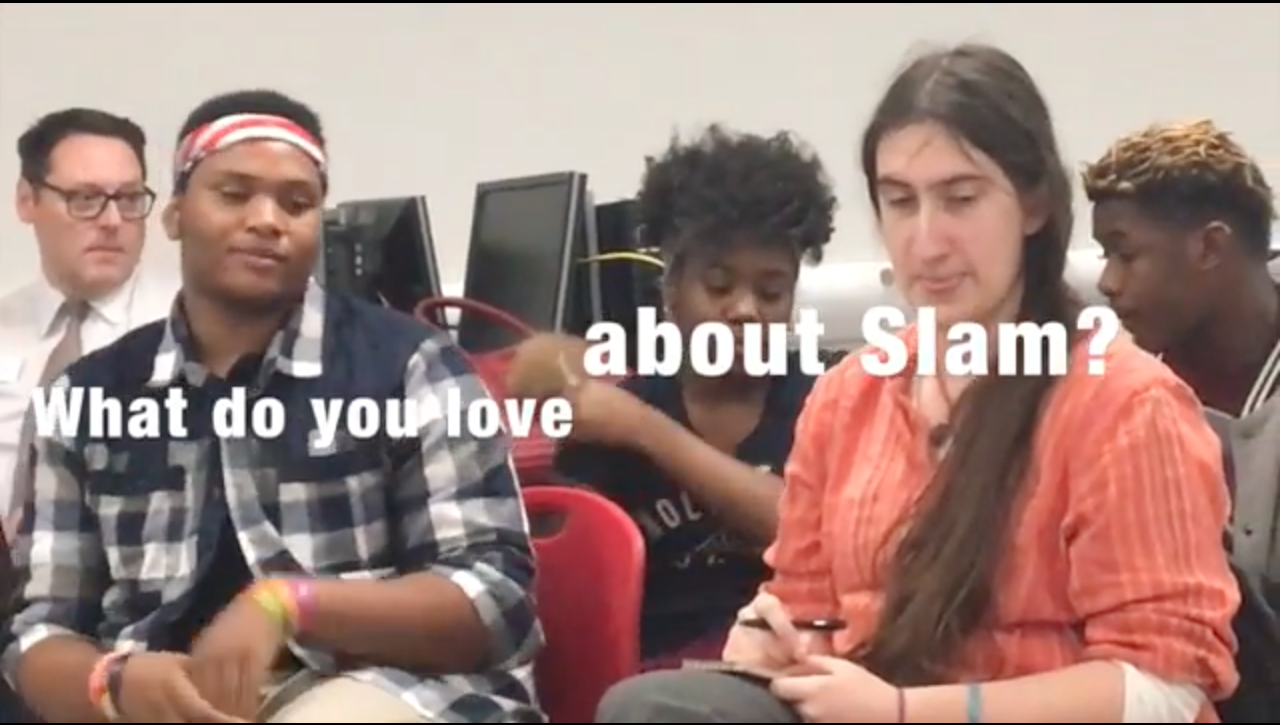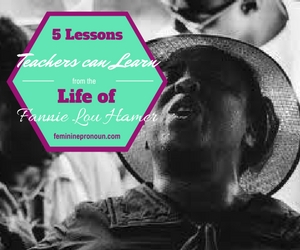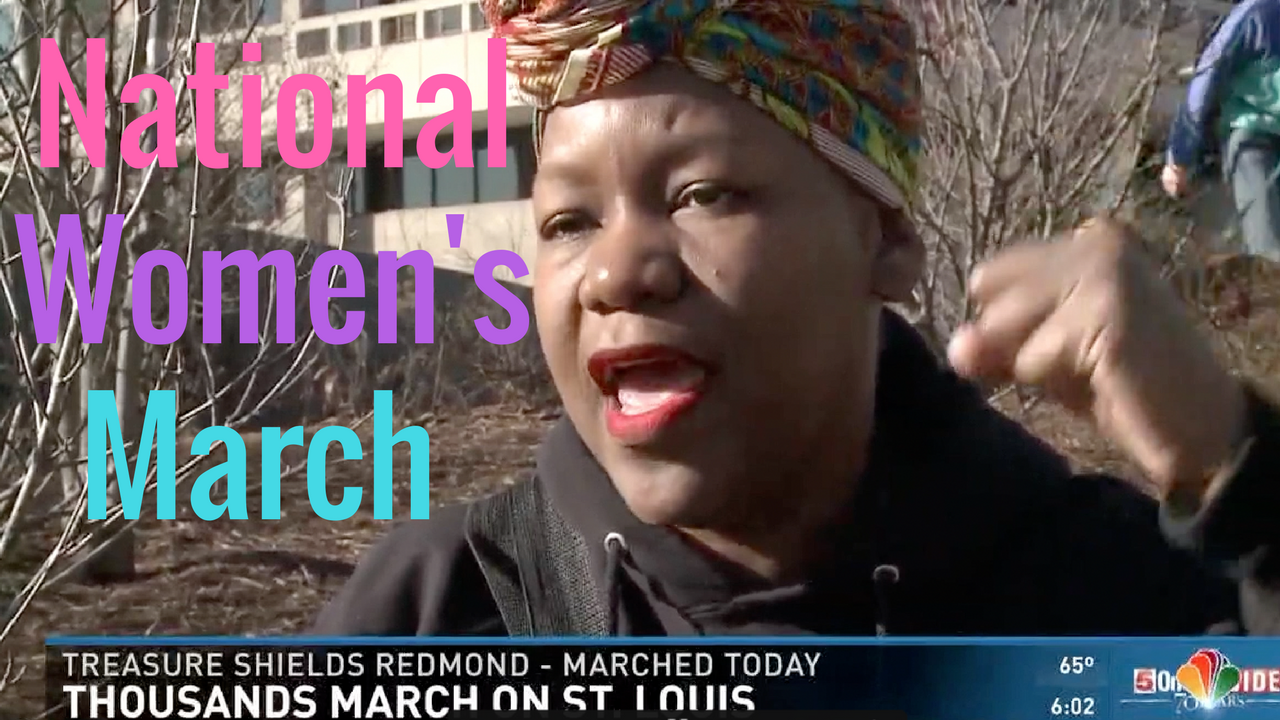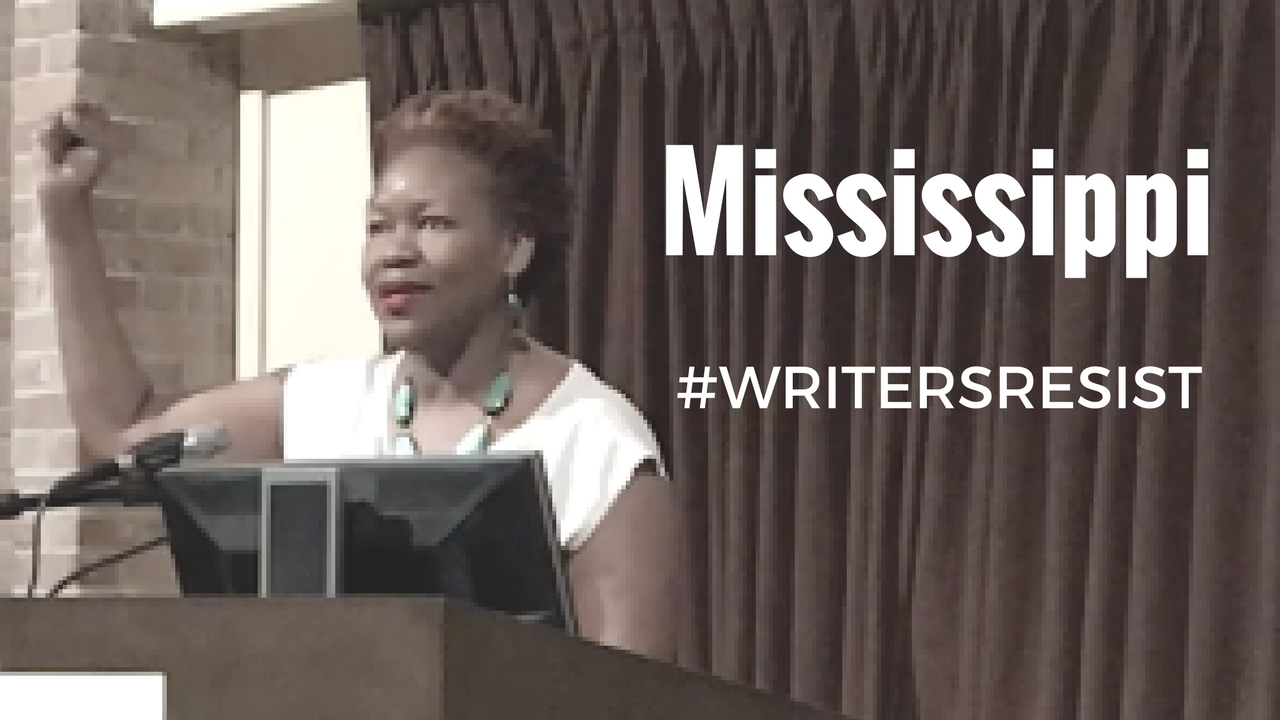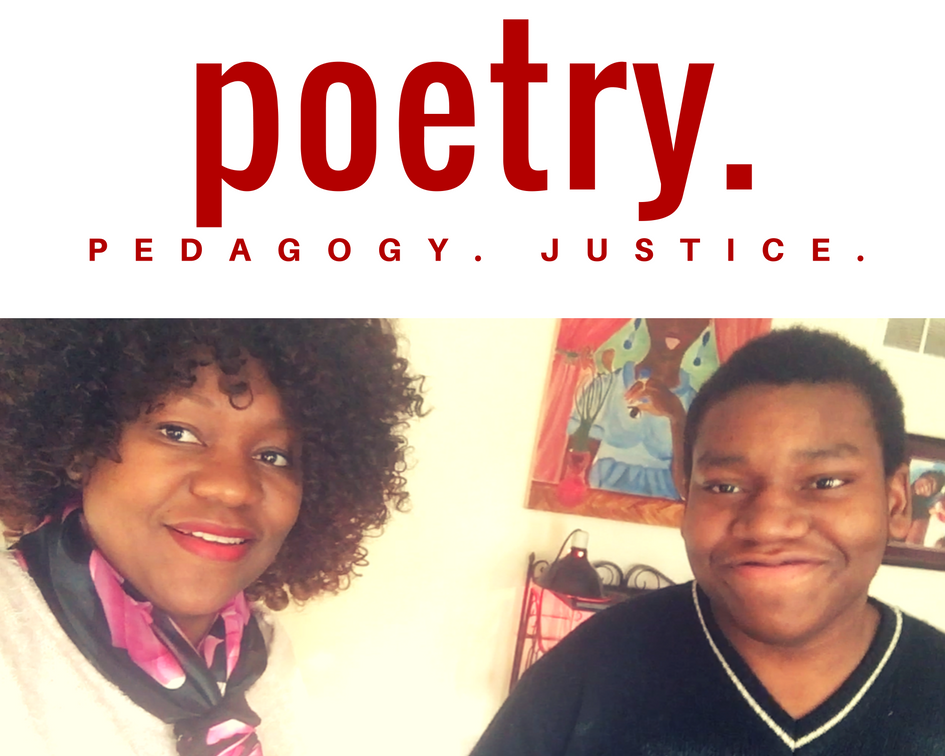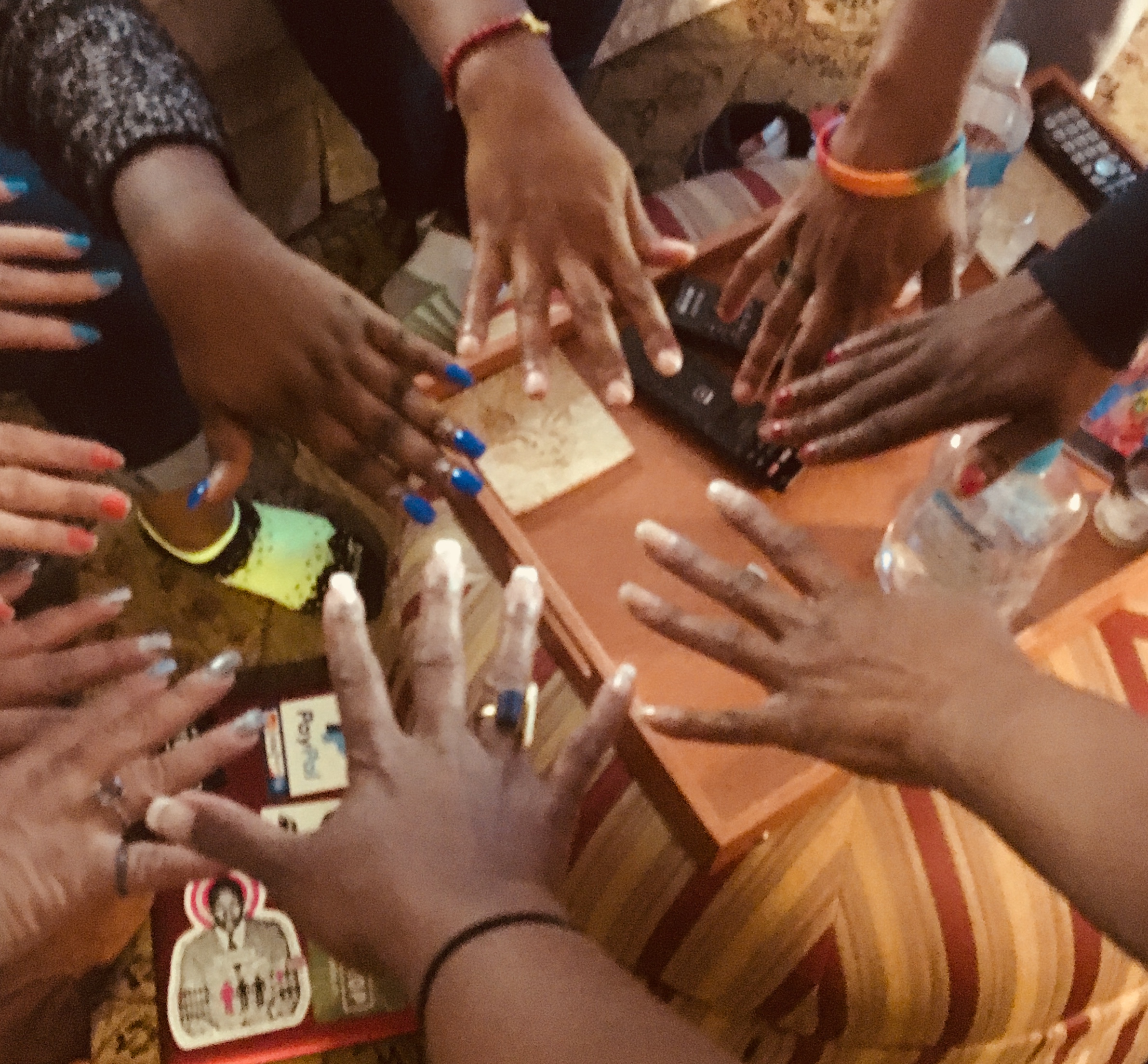
Poetry in Spaces of Recovery
I love the photo above because you can’t tell which hand is mine. Just like if I was standing together with these women in the Magdalene house, a safe place for women recovering from addiction and a life in the sex trade, (whether being trafficked or deploying their labor in instances of surv...
